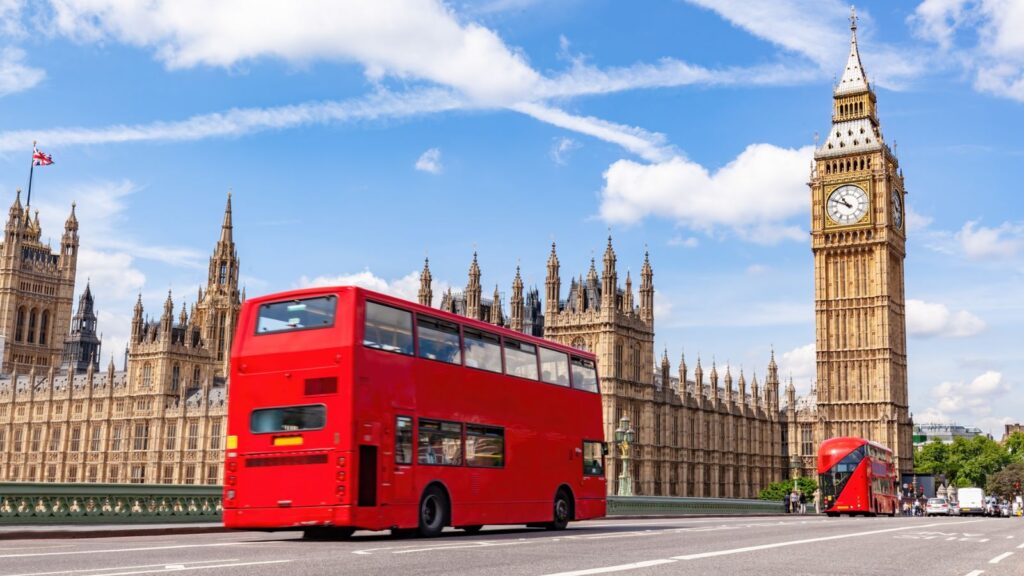British cultural heritage is history, traditions, and values that have shaped our society for centuries, and our heritage is a vital part of our identity. These are the 20 reasons why we must preserve this cultural heritage—and continue to do so for years to come.
A Link to Our Past
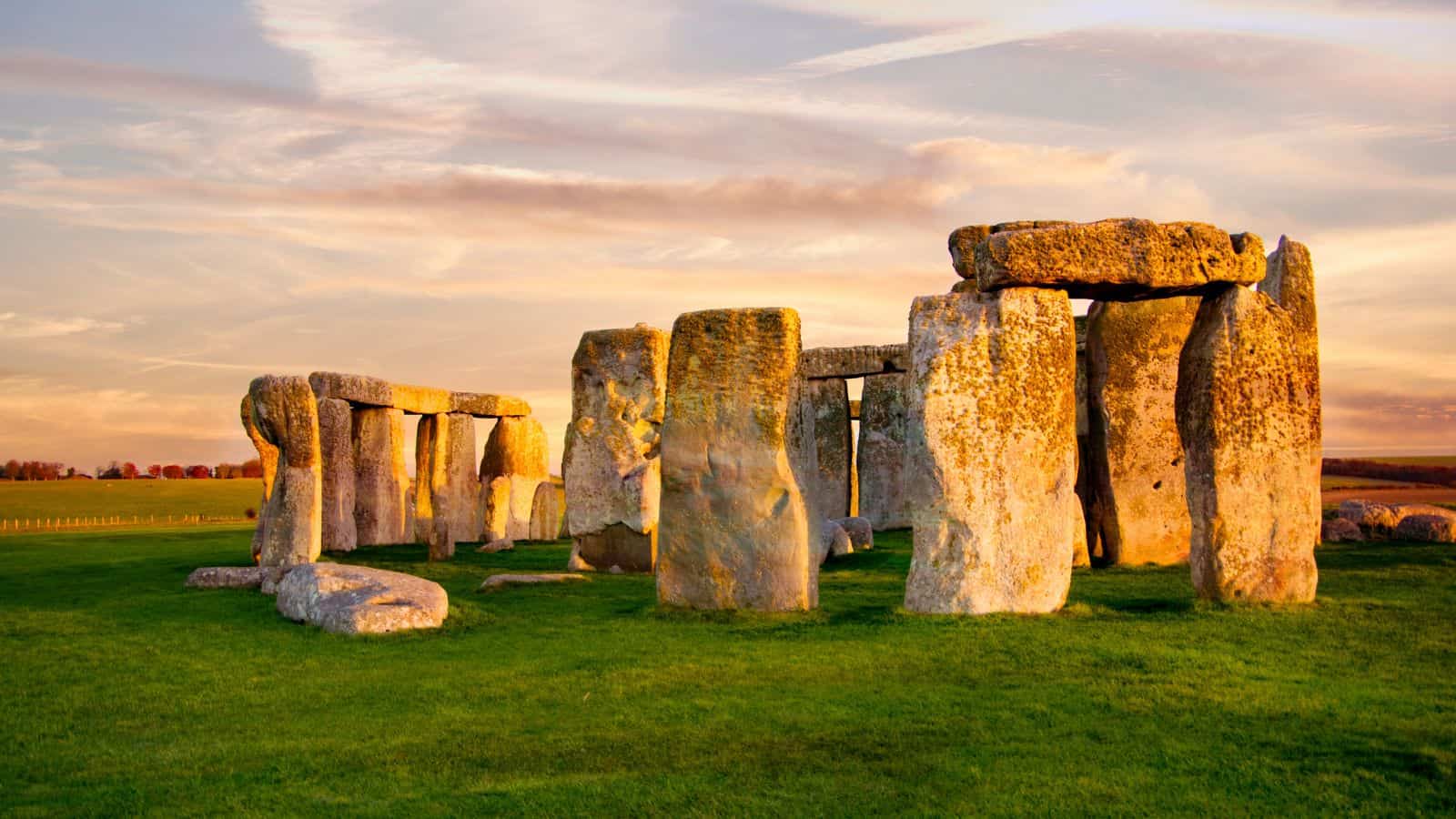
Our cultural heritage is a living connection to our past, as it tells the story of where we come from and how our society has evolved. Whether it’s the ancient stone circles of Stonehenge—and “the prehistoric people who lived here 4,000 years ago” says English Heritage—or the industrial heritage of the Victorian era, these physical remnants provide a tangible link to our ancestors.
Educational Value
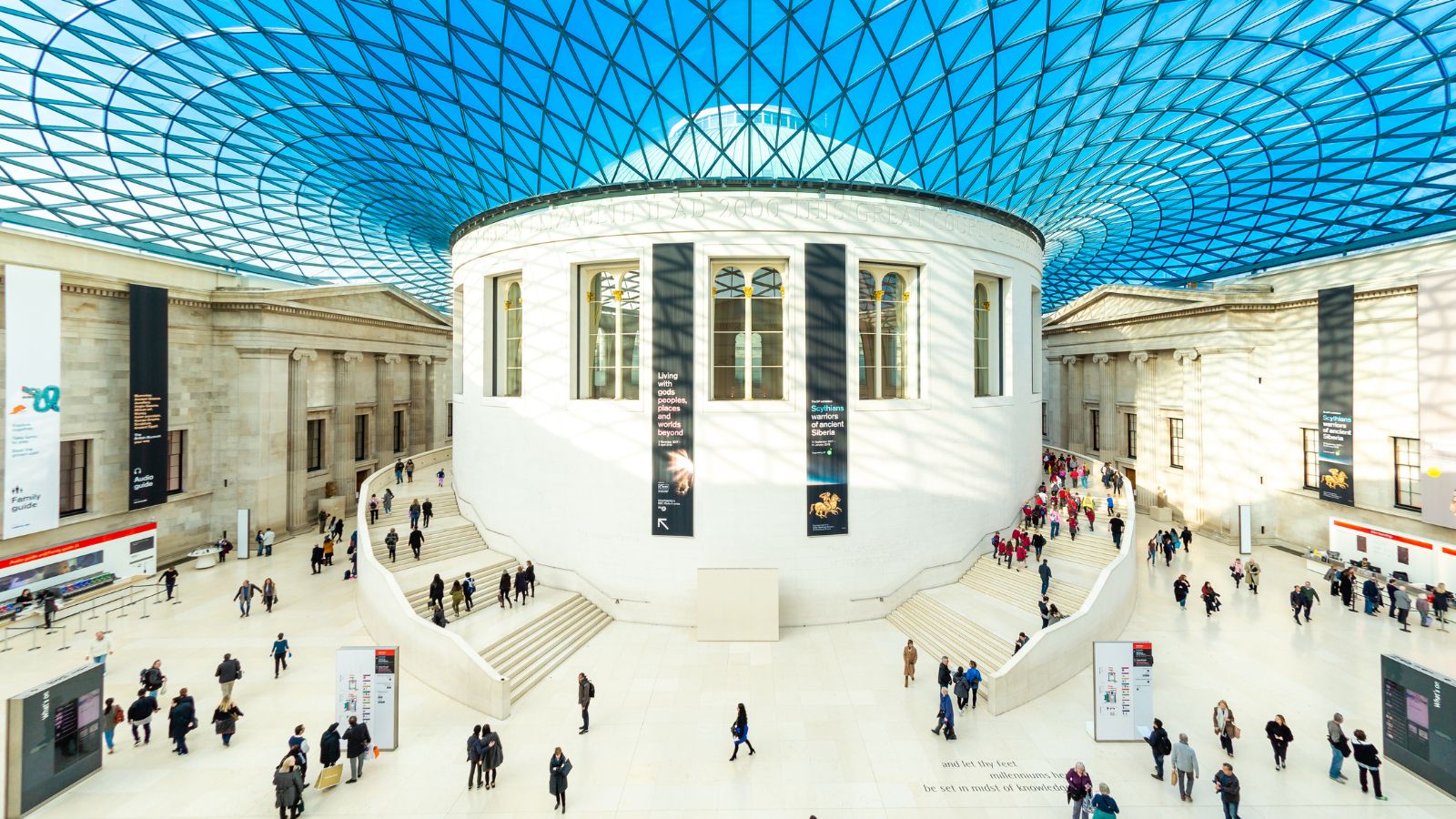
Historical sites, museums, and cultural practices offer invaluable educational opportunities. They provide real-life contexts to what we learn in textbooks, making history come alive, so by preserving these resources, we ensure that future generations can continue to learn about our past in engaging and meaningful ways.
National Identity

Our national heritage is also a cornerstone of our national identity; it’s what makes us uniquely British, setting us apart on the world stage. Our quirky traditions like afternoon tea and our grand royal ceremonies create a sense of pride and belonging among citizens.
Tourism and Economy
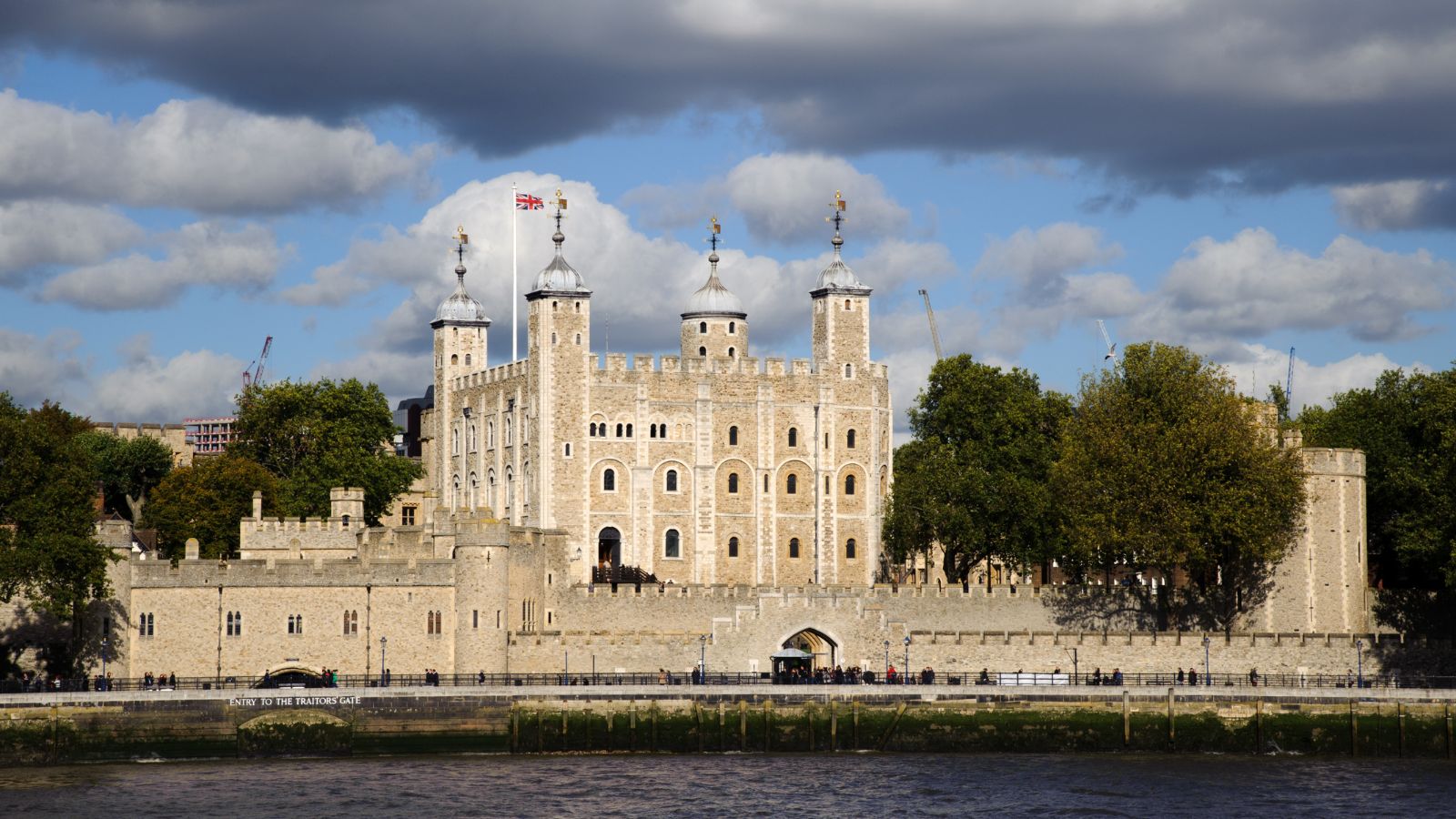
This sort of culture is a significant draw for tourists from around the globe, as visitors flock to see iconic landmarks like Buckingham Palace, the Tower of London, and Edinburgh Castle. This influx of tourists boosts our economy, supporting local businesses and creating jobs.
Community Cohesion

British legacy creates community cohesion by providing a shared history and common experiences, with events and traditions bringing people together, creating a sense of unity and belonging. Whether it’s a local festival or a historic reenactment, these activities strengthen our communities.
Inspiration for Creativity
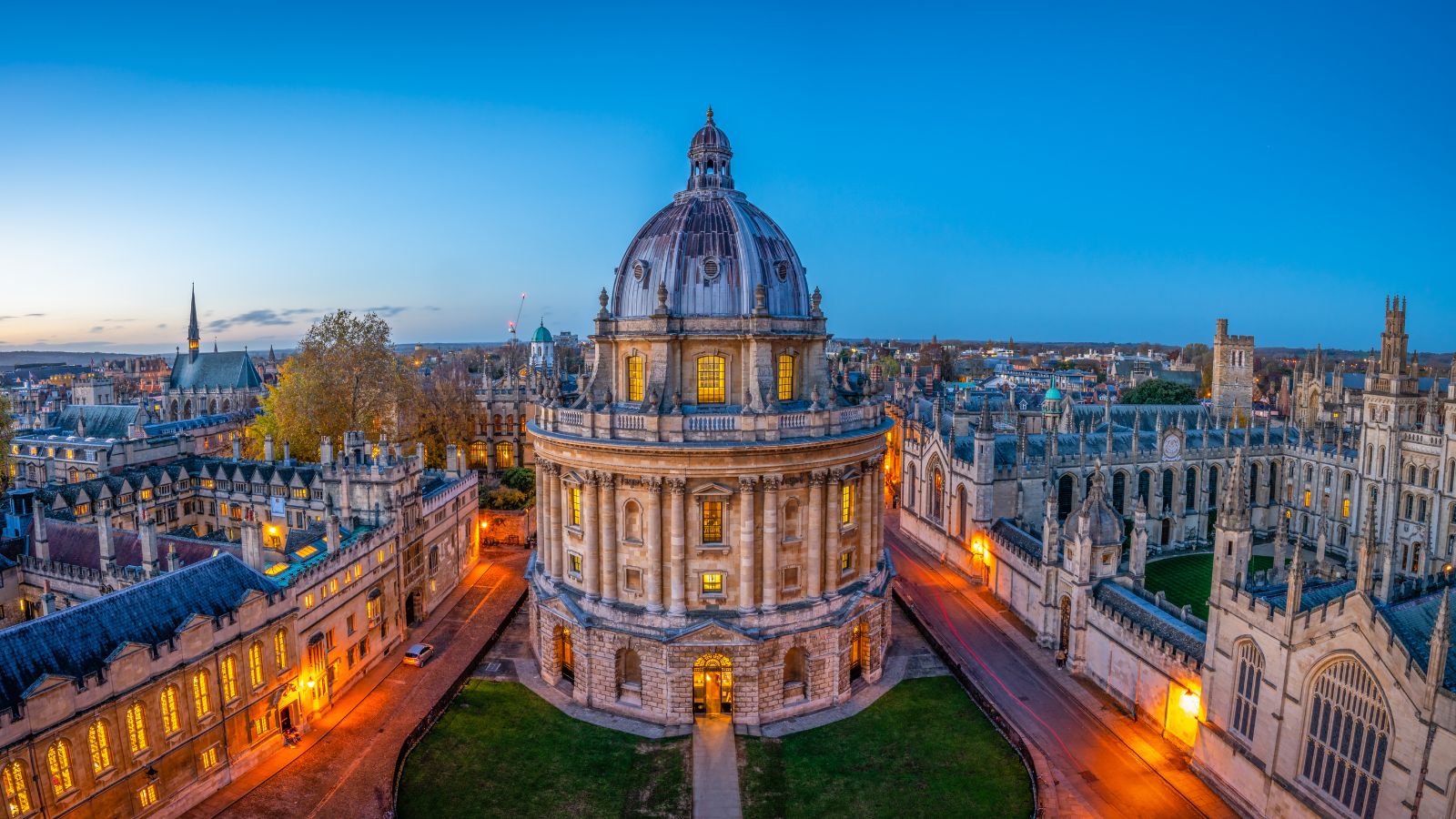
Our rich heritage has always been a source of inspiration for artists, writers, and musicians, thanks to the beauty and history of our cultural sites which can spark creativity and lead to new works of art. Preserving these sources of inspiration ensures that our cultural landscape continues to inspire future generations.
Preservation of Skills and Crafts
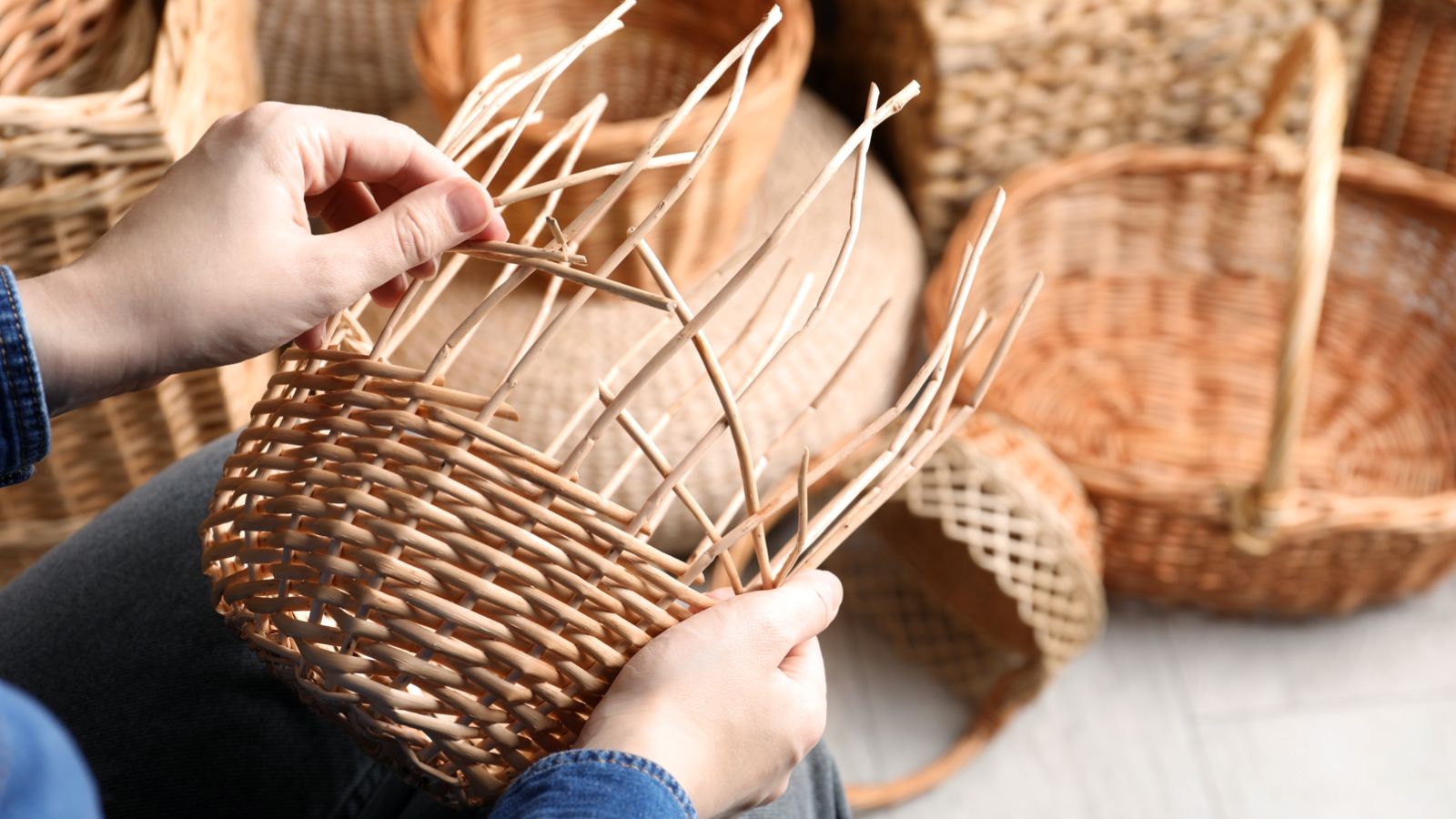
Many traditional skills and crafts are in danger of being lost. By preserving our cultural heritage, we also preserve these valuable skills, like thatching and traditional weaving. These crafts are an important part of heritage and deserve to be passed down.
Environmental Conservation
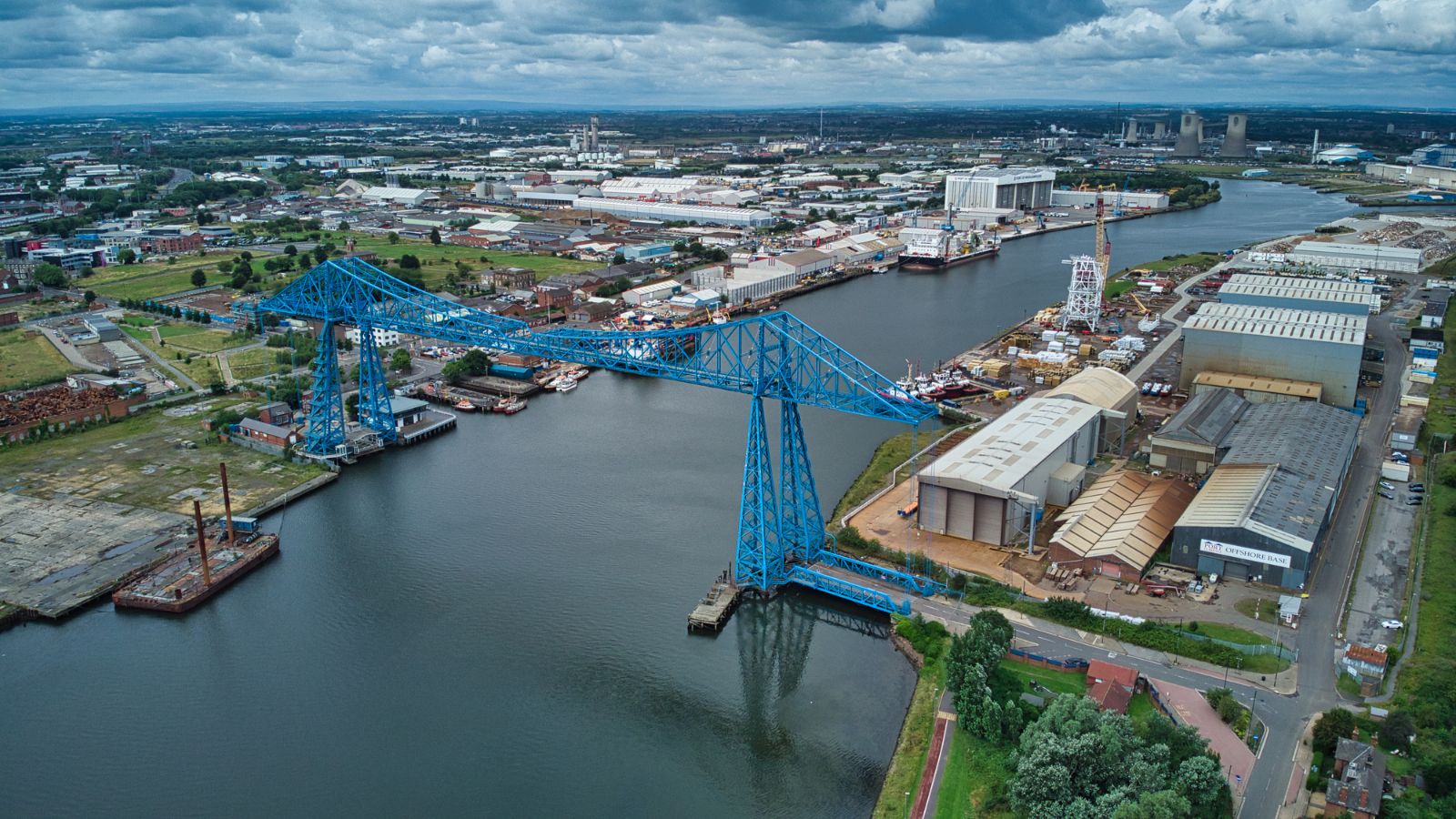
Many heritage sites are also natural landmarks, playing a crucial role in environmental conservation, therefore preserving these areas helps protect biodiversity and maintain ecosystems. Sites like the Lake District and the Scottish Highlands are not only culturally significant but also vital for wildlife and natural beauty.
Promoting Diversity

British culture has been created from diverse influences, such as the Roman and Norman invasions, as well as the impacts of the British Empire. Our heritage reflects a variety of cultures, so celebrating and preserving this diversity results in a more inclusive society.
Sense of Continuity
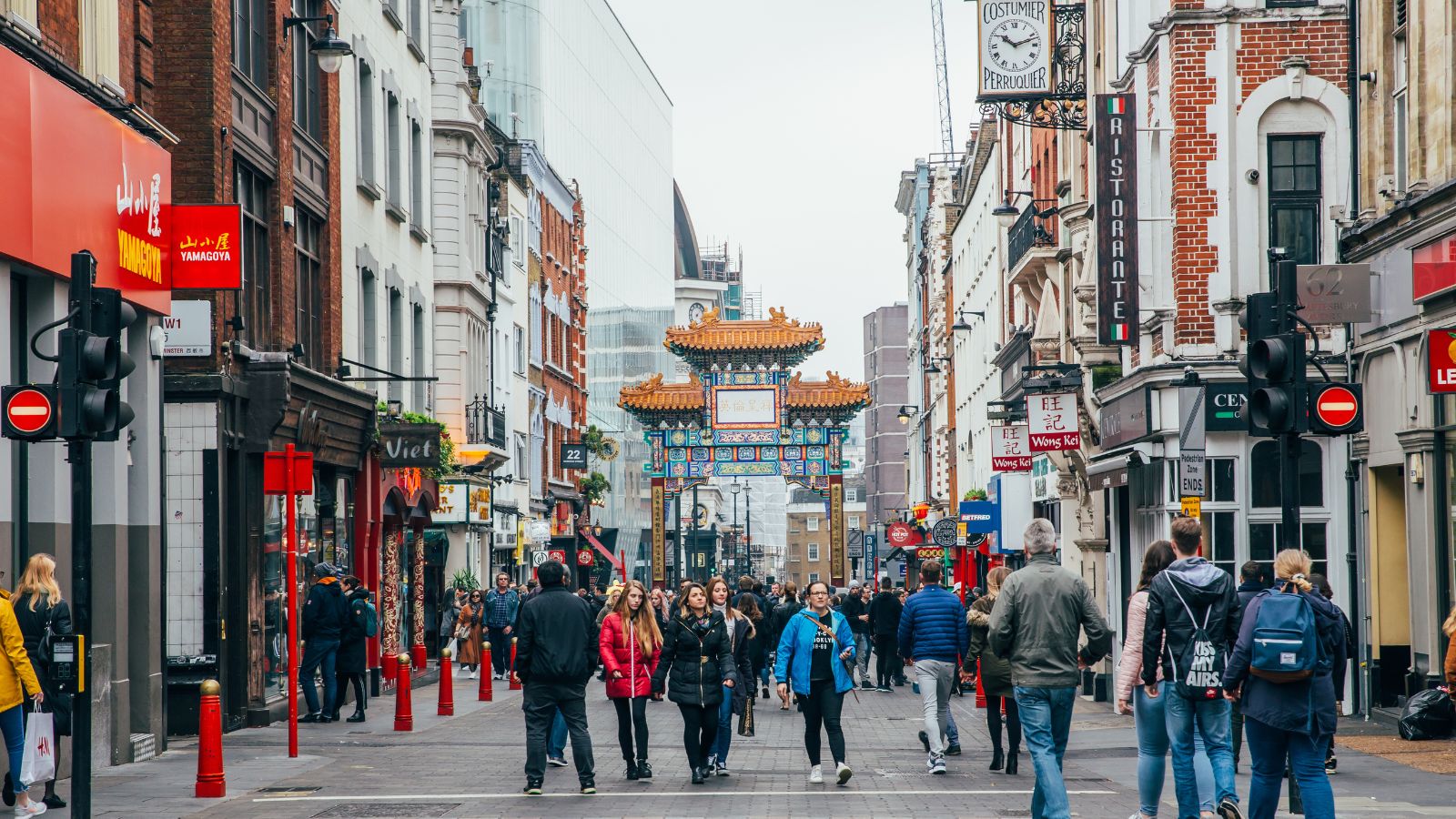
Our society is rapidly changing, therefore our cultural heritage provides a sense of continuity and stability across the country. It reminds us that, despite the changes around us, we have deep roots and longstanding traditions, and such continuity can be a source of comfort.
Personal Connection

For many people, cultural heritage sites and practices hold personal significance. They might connect us to our family history or hold cherished memories, so preserving these elements ensures that we can maintain these personal connections and pass them on to our descendants.
Historical Accuracy

If we want to maintain an accurate record of our history, then we need to preserve our heritage, as this allows us to learn from the past, recognising both achievements and mistakes. This historical accuracy is crucial for making informed decisions about our future.
Boosting Local Pride
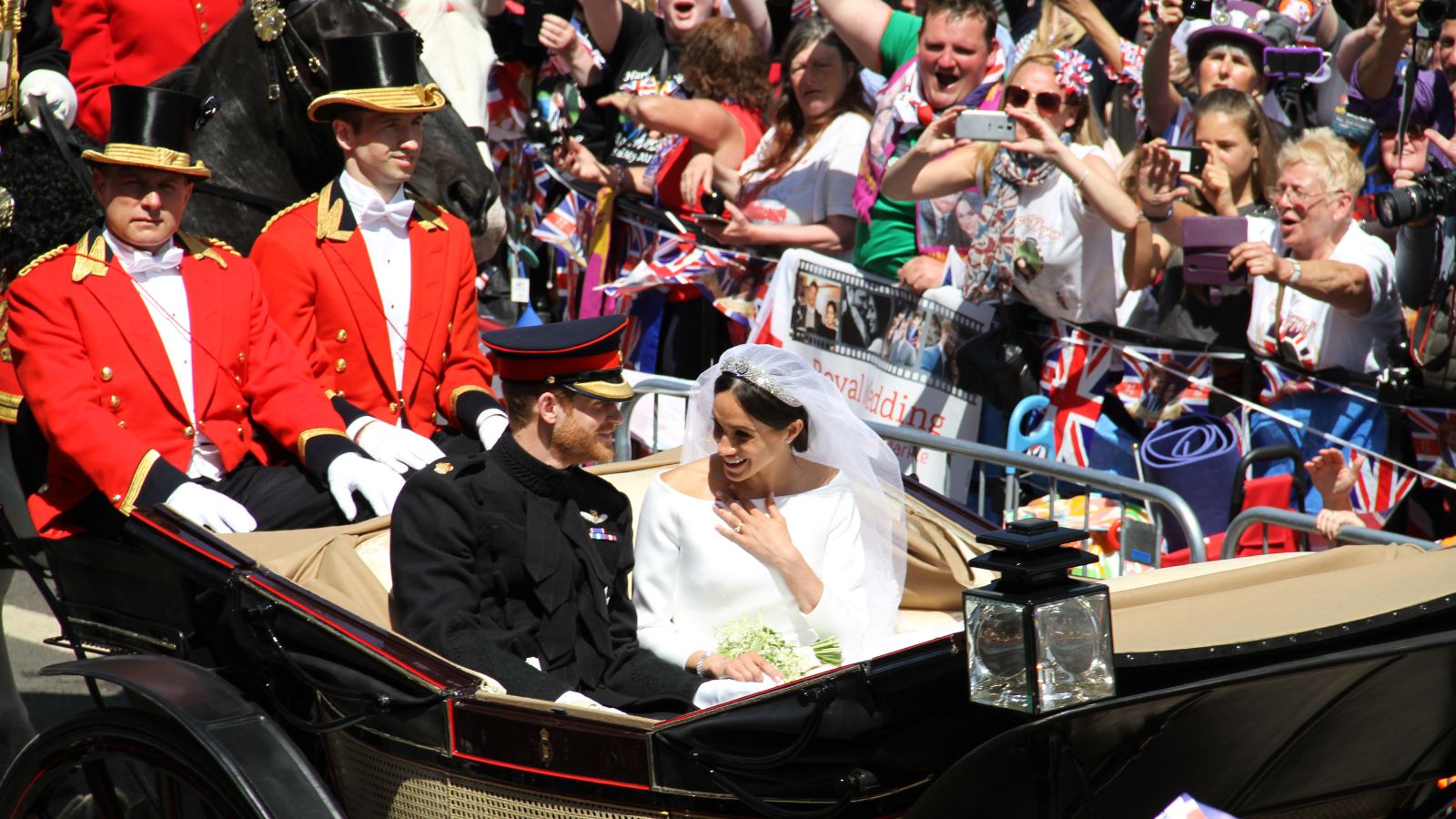
Local heritage sites and traditions can create a sense of pride within communities; when people take pride in their local history, they are more likely to engage in efforts to preserve and celebrate it. This local pride can lead to stronger, more vibrant communities.
Supporting Education and Research

Invaluable for academic research, heritage sites provide primary sources for historians, archaeologists, and other scholars. Preserving these sites supports ongoing education and research, leading to new discoveries and a deeper understanding of our past which would benefit the country as a whole.
Encouraging Sustainable Tourism
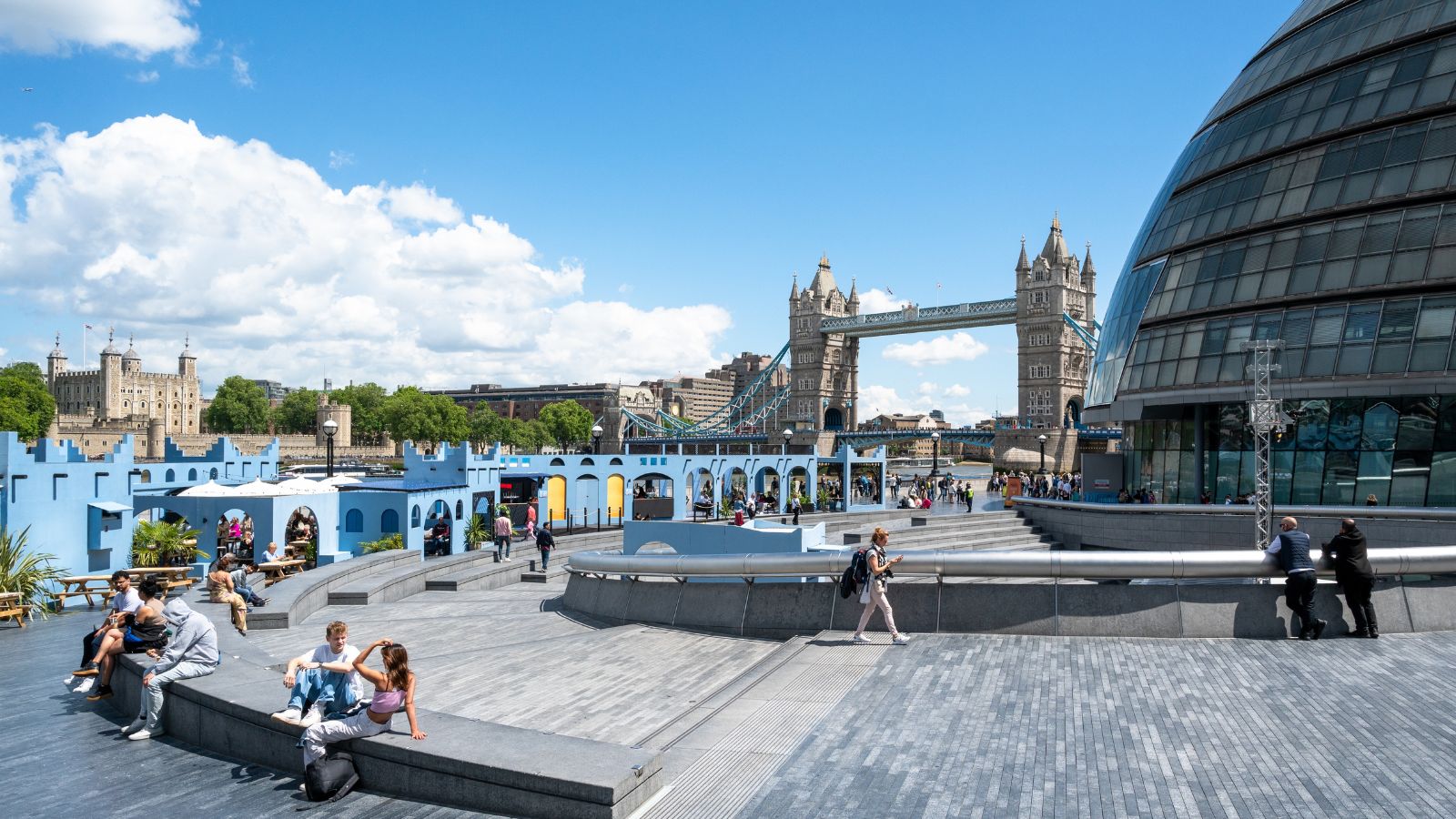
Heritage tourism encourages sustainable travel practices, because tourists who visit heritage sites often seek authentic experiences and are more likely to respect and protect the environment. This approach to tourism can promote sustainability and conservation efforts, with the potential for a lot of it within the UK.
Honouring Cultural Achievements
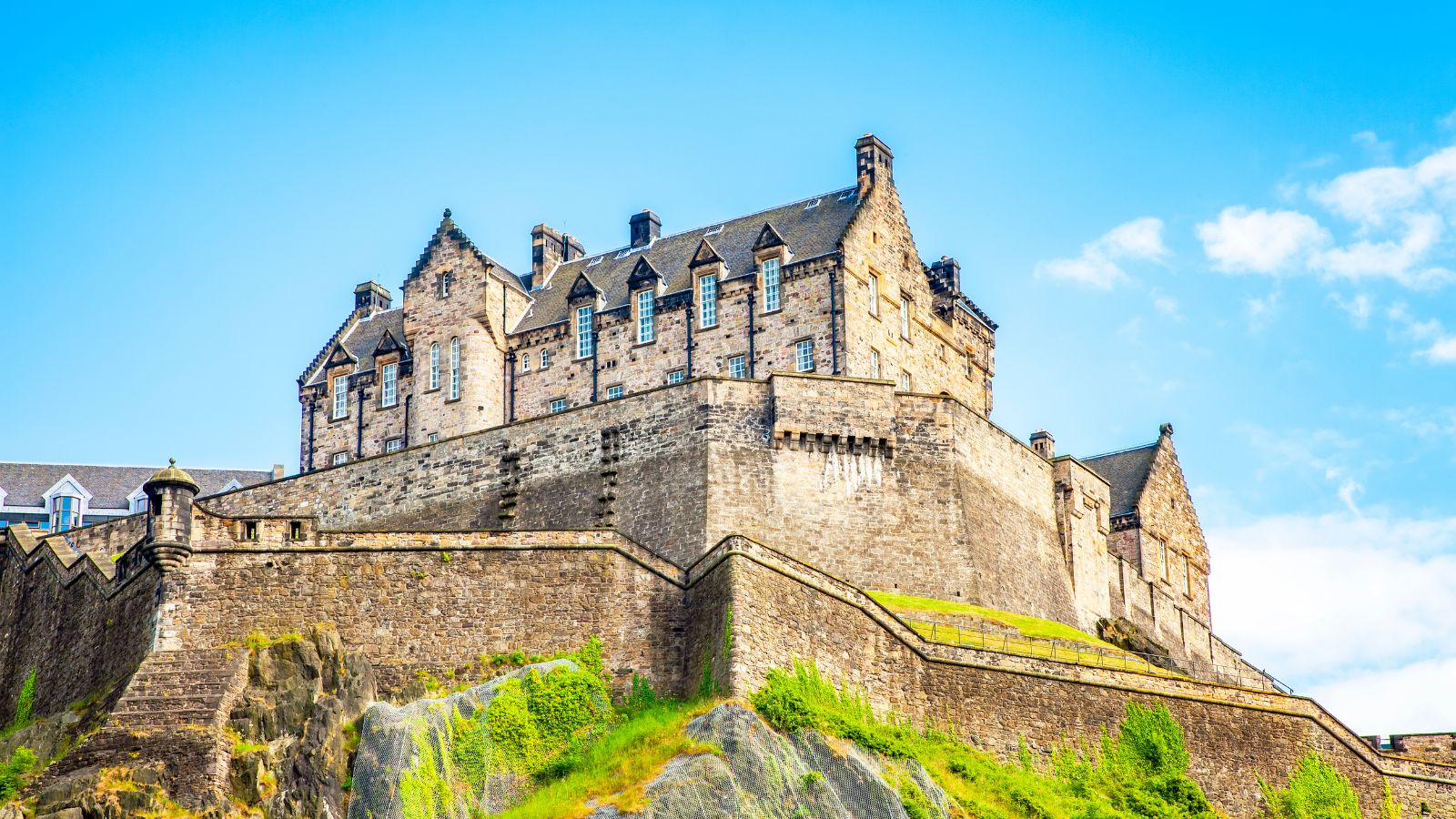
We should work to keep our cultural heritage because it’s a way of honouring the achievements of our ancestors, too. This includes architectural marvels and literary works, as these achievements are a testament to human ingenuity and creativity. Recognising and preserving them ensures they are not forgotten.
Enhancing Cultural Exchange

If we want to create opportunities for cultural exchange, we must work to keep hold of our legacy, as visitors from other countries can learn about our history and traditions. This leads to better understanding across cultures.
Protecting Against Modern Threats

Modern developments can sometimes threaten our cultural heritage, as urbanisation, industrialisation, and climate change pose risks to historic sites and traditions. Preservation efforts are essential to protect our heritage from these threats, ensuring its survival for future generations to come.
Heritage as a Resource

A resource that can be utilised in many ways, whether its educational programmes or film and television productions, British cultural legacy offers a wealth of material that can be adapted and used to enhance various projects. This adds a certain depth and authenticity.
Celebrating British Innovation

Finally, British cultural heritage should be celebrated; our heritage includes remarkable innovations that have shaped the times we live in, such as the industrial revolution and pioneering medical advancements. These achievements highlight the contributions of British innovators, therefore it should be preserved.

